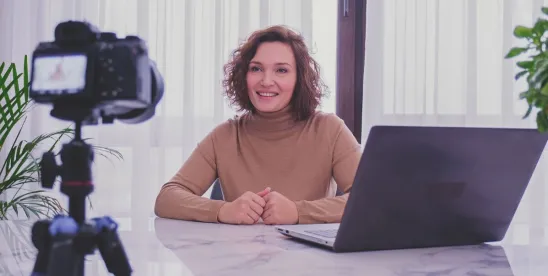In the case of Cherelle Matchet v. Karen Nelson-Hughes, Civil No. 2022-43 (USDC Virgin Islands 5/6/24), the Federal District Court addressed whether the plaintiff’s neuropsychological examination by the defendant’s expert should be videorecorded. The plaintiff requested video recording to ensure the reliability and accuracy of the examination, while the defendant opposed it, citing concerns about test confidentiality and validity.
The court found defendant’s ethical concerns that recording presents an ethical violation was not persuasive. The court noted the American Psychological Association does not have a rule against recording, and the preference of some professional organizations against TPOs or recording does not have binding regulatory effect. The court rejected defendant’s reliance on studies cited about the negative impact of recording on test performance were found to be limited and not directly applicable to litigants in personal injury cases. The court found defendant’s arguments regarding the invalidation of results due to recording unconvincing. Plaintiff’s expert reviewed over 60 recorded assessments without identifying significant impediments to interpretation.
Given the plaintiff’s claims of memory loss and trouble concentrating, recording was deemed necessary to ensure an accurate account of the examination process and adherence to proper testing protocols.
The court ordered that the plaintiff’s neuropsychological examination be video recorded, with the recording to be used solely for litigation purposes. The parties were directed to work out the logistics of the recording, and the plaintiff was precluded from challenging the validity of the neuropsychological opinion on the basis that the examination was recorded.
**Order Summary**
- The examination shall be video recorded.
- The recording must be promptly available to the plaintiff’s expert for review.
- The recording is restricted to use within this litigation and disclosed only to counsel, their office assistants, and experts, with confidentiality protections in place.
- Parties must meet to discuss recording logistics.
- Plaintiff cannot challenge the validity of the examination based on it being recorded.



 />i
/>i

